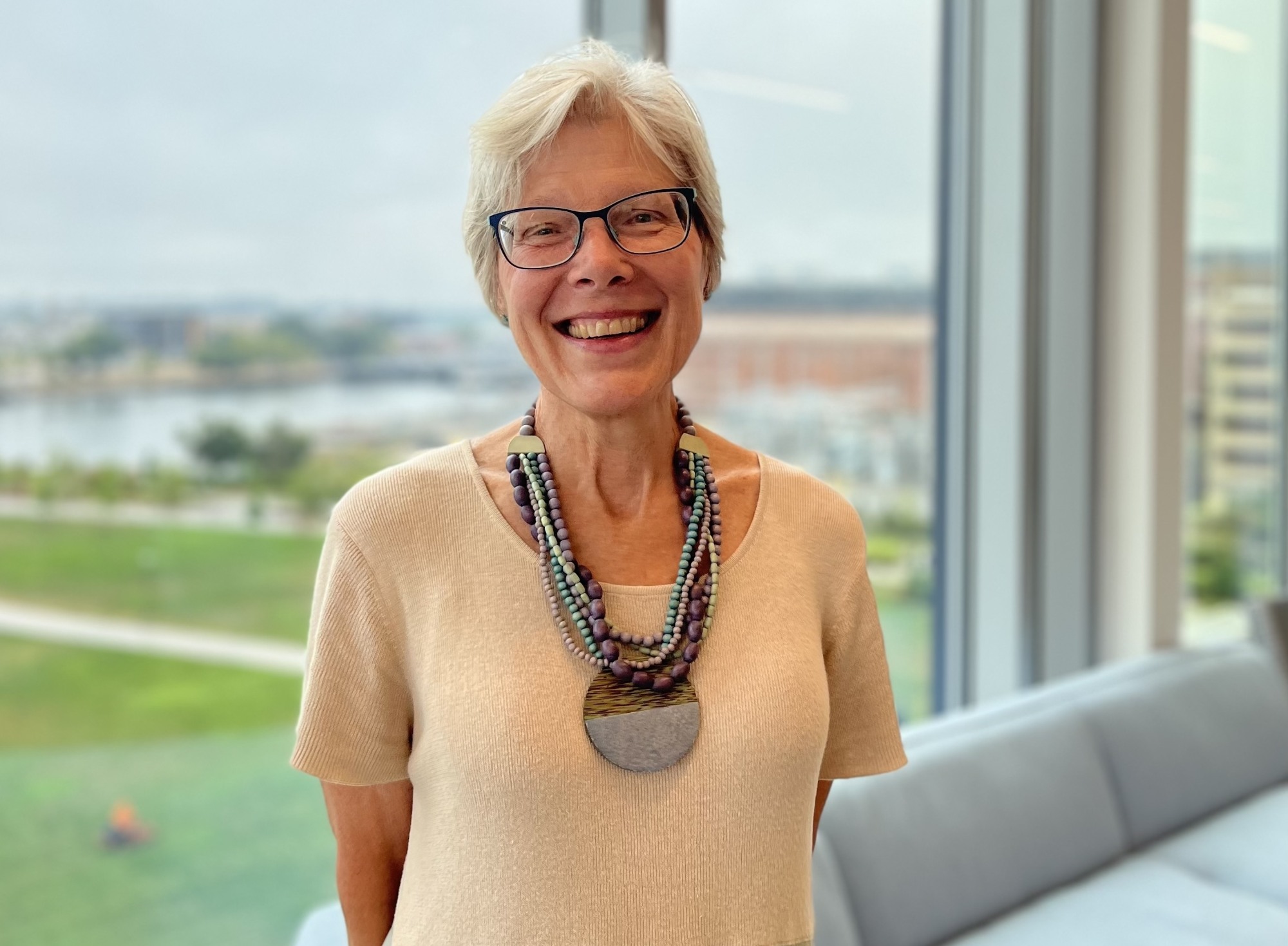
Earning my degrees was transformational. It helped me shed the heavy burden of feeling “not good enough” that had weighed on me for years. While these degrees opened professional doors, they also provided something even more valuable: a sense of belonging and self-belief. I came to realize that I no longer had to second-guess my abilities. I had proven, both to myself and to others, that I had what it takes to succeed.
Finding my way
Both of my parents were highly successful professionals. In 1953, at just 19 years old, my father began climbing telephone poles with the Pennsylvania Telephone Company. By the time he took early retirement at age 55 from Bell Labs, he had worked his way up the corporate ladder and finished his career as a top-producing account executive. My mother, one of the earliest working moms in my neighborhood, served as a teacher’s aide in a Montessori school. Recognizing her potential, the school principal offered her financial and professional mentoring to train at the Montessori Institute to become a full Montessori teacher. Remarkably, she was one of the first teachers accepted into that training program without a college degree.
Through my parents, I saw firsthand that much could be accomplished without a traditional higher education. As I approached high school graduation, I viewed college as a means to gain independence and learn on my own terms. However, I didn’t anticipate the gripping, undiagnosed depression and profound loneliness I would experience in such a stratified community, compounded by the fact that I was coming out as a lesbian. These factors, during a time when adolescent mental health was largely overlooked, made my attempts at college incredibly challenging. In addition, my parents did not know how to support me since they had never faced this experience themselves. They often suggested I drop out — a decision I ultimately made.
I struggled for years, attending three different colleges and universities before finally discovering my passion for massage therapy and bodywork. Although the training I pursued was not academically validated, it led to a fulfilling work life and a successful career in alternative healthcare.
Rediscovering college in my 40’s
After two decades in the field of holistic health, I began to experience hand pain and a sense of restlessness, leaving me in a quandary. The very work I loved was causing me physical pain. While I was generally quite happy, I occasionally grappled with self-doubt, which always drew my thoughts back to my unfinished college degree. It was around this time that I learned about the University Without Walls (UWW) program at the University of Massachusetts Amherst. Designed for individuals like me who had some college experience, were working adults and wished to complete their undergraduate degrees, it was conveniently located nearby. I figured it wouldn’t hurt to attend an orientation.